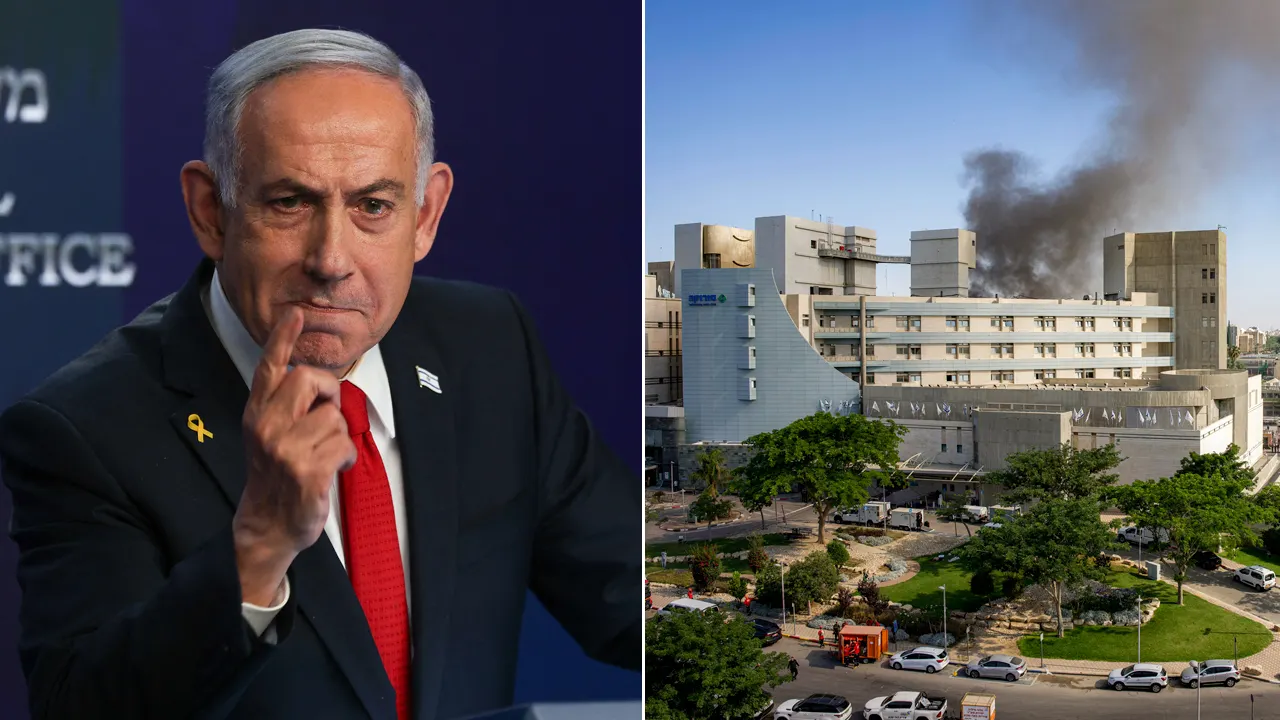Unlock Newsletter White House Watch Free
Your guide to which Trump Original Means means Washington, Business and World
The world’s poorest countries are affected by the “double neck” of Donald Trump and a deep reduction in international assistance, undermining global efforts to eradicate poverty and adhere to climate change, higher trade professionals.
The toxic combination of “Trade War and War for Assistance” squeezes less developing countries that continue to recover from the covalian pandemic and the growing costs of internationary debt services.
“This is a perfect storm, because in the past, trade was mostly sustainable and predictable,” Double-Double Whamma, “said Pamela Coke-Hamilton, the CEO of the International Trade Center in Geneva, a joint agency of the World Trade Organization and the UN.
Trump’s threat of 40 to 50 percent of tariffs in countries such as Lesotho, Madagascar and Mauritius risked seriously damaging those economies, she said.
Coke-Hamilton, former Jamaican diplomat, talked to the financial time before the opening of the UN Conference in Sevilj, Spain on Monday, designed to renew global support for sustainable development goals 2030. Years.
This is the first such conference in the decade, but the United States had a formally withdraw from the summit at the beginning of this month. The Trump administration said in March that he “rejects and denies” goals, which in 2015 agreed and aims to eradicate poverty and promote sustainable development by the end of the decade.
Trump administration also announced a massive reduction budget for help, which is expected to fall with $ 60 billion in 2024. To less than 30 billion dollars in 2026. Years, toward Calculations of the Global Development Center, Think Think Think Thinking.
Other countries, including France, Germany and the United Kingdom, also interfere with the consumption of assistance.
Charles Kenny, an older associate in CGD, said that a combination of contribution and uncertainty of help related to the world economy would make it difficult to attract international investments in developing countries.
“If this is not the actual death of sustainable development goals, it definitely takes us away from them,” he added.
Analysts for the Help Industry warned that it was Communique It was agreed at the Seville Conference that several last minute dilutions in key areas, including obligations in phases of fossil fuels and the UN process for creating intergovernmental mechanism for the country’s debt development mechanism.
Bodo Ellmers, the Sustainability Director of the Global Policy Forum, Germany, the German thought tank, said the summit was risked to turn into a missed opportunity to manage the global development program.
“In developing countries, the share in public revenues increased in recent years, often with expensive credit programmers. Great Britain borrows on 3 to 4 percent, developing development developments,” he said.
Joseph Stiglitz, Professor at Columbia University and Co-Deputy Jubilee report He ordered the late Pope Francis, said the interest rates of the Private Private Sector Chamber of the Development Earth were “greater than they could be justified by risk”.
Many countries could not finance basic public services properly due to a large debt burden, he said. The jubilar report calculates that 750mn of Africans, or approximately 57 percent of the population of the continent, live in countries that more spent on foreign debt rather than health or education.
The International Chamber of Commerce, which is present in 170 countries around the world, will propose reforms at the conference on Monday, aimed at dealing with greater obstacles to project credentials in developing countries.
When issuing loans for projects in lower income countries, lending institutions are usually necessary between four and seven times the amount in security under the basil requirements of financial stability Basel III.
The ICC will discuss the conference at the conference that “targeted clarifications” in the Basel frame could unlock significant amounts of private investments for developing countries that represent 25 percent of Global GDP.
The “Model of LED development is reduced, if not broken. It is now replaced? Surprised the private sector model that can be an environment for local capital pools,” said John Denton, the Secretary General in the International Chamber of the International Chamber.
Additional reporting of David Pitling in London. Visualization of Ami Borrett Data






